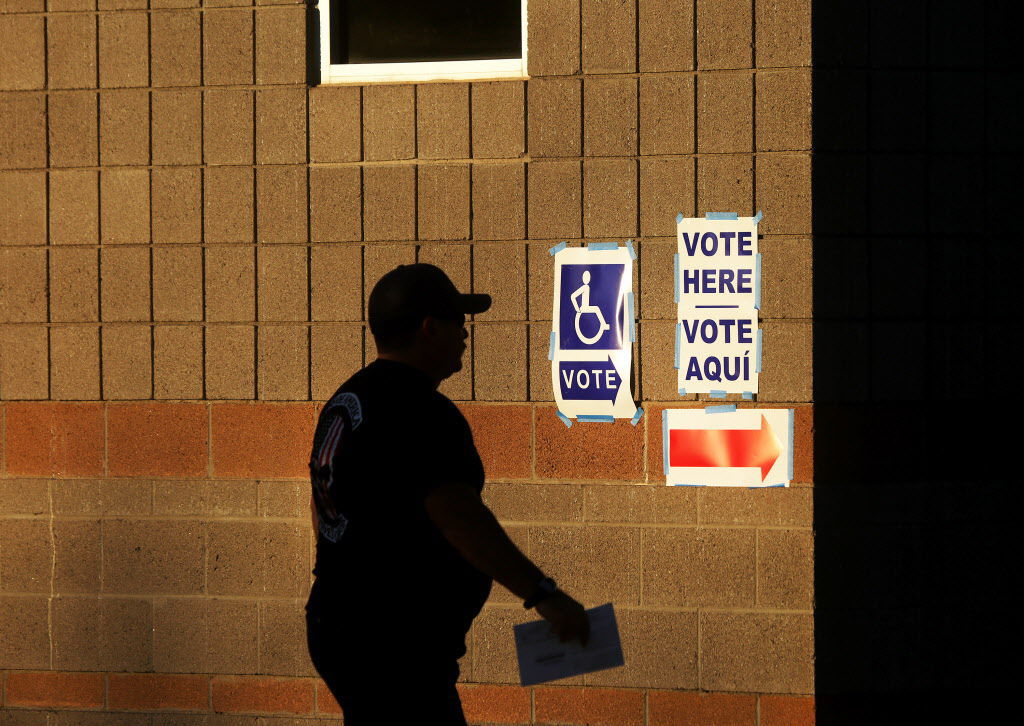PHOENIX — Unable to defeat it at the ballot box, business interests are now asking a judge to void the voter-approved hike in the state minimum wage.
The Arizona Chamber of Commerce and Industry filed suit Thursday along with the Tucson Hispanic Chamber of Commerce and other groups.
Their lawsuit in Maricopa County Superior Court contends Proposition 206 violates a constitutional provision requiring all measures that increase state funding to also have a specific dedicated funding source. The ballot measure did not say where the state will come up with money to cover higher payroll costs incurred by its contractors.
Attorney Brett Johnson, hired by the Arizona Chamber of Commerce, points out that the Arizona Health Care Cost Containment System posted a notice it intends to pay its providers more to compensate for the fact the minimum wage will go from $8.05 an hour now to $10 on Jan. 1.
AHCCCS officials have estimated the additional cost for the next six months at close to $48 million, with $11 million of that to be borne by the state.
Johnson said the money will come out of general tax dollars, leaving less money for other state priorities. That’s what the constitutional provision about an identified funding source is designed to prevent, he said.
But James Barton, attorney for Proposition 206 supporters, said there is no basis for the claim. He said the ballot measure doesn’t require the state to increase its reimbursement rate to providers.
The constitutional provision that is the basis for the business groups’ challenge specifically says if a an initiative increases a state agency’s expenses but fails to provide the funds, the legal remedy is to simply refuse to spend the money, Barton said. He said the fact that the state may choose to increase reimbursement rates to compensate providers for higher costs does not mean the initiative is illegal.
Challengers are raising other legal issues, as well.
Johnson contends the measure violates a separate constitutional provision requiring ballot measures to be limited to a single subject. Proposition 206 not only mandates higher wages but also requires employers to provide workers with at least three days a year of paid personal leave.
“These topics should have been addressed in two separate ballot measures, rather than combined to encourage voters for one proposal to accept changes in the other,” the lawsuit states.
But Barton points out that the requirement for separate ballot measures applies only to constitutional amendments. Proposition 206 only amended state statute. Johnson, in his legal filings, concedes the point but urges the court to apply the requirement in this situation.
Also signing onto the lawsuit were the Phoenix and Flagstaff chambers of commerce, along with the Arizona Licensed Beverage Association, which represents beer and liquor retailers, and the owners of Valle Luna Inc., which runs several restaurants in the Phoenix area.
A hearing is set for Friday, Dec. 16, before Judge Daniel Kiley.
Tomas Robles, who chaired the pro-206 campaign, reacted angrily to the lawsuit, saying the business groups are ignoring the will of voters, who approved the minimum-wage increase by a margin of 58-42 percent.
Proposition 206 sets the new floor at $10 an hour in January, rising to $12 by 2020, with future increases linked to inflation.
There is a $3-an-hour “tip credit,” meaning employers whose workers get tips can pay as little as $9 an hour in 2020. But the statute also requires proof that the workers actually get that much in tips.





